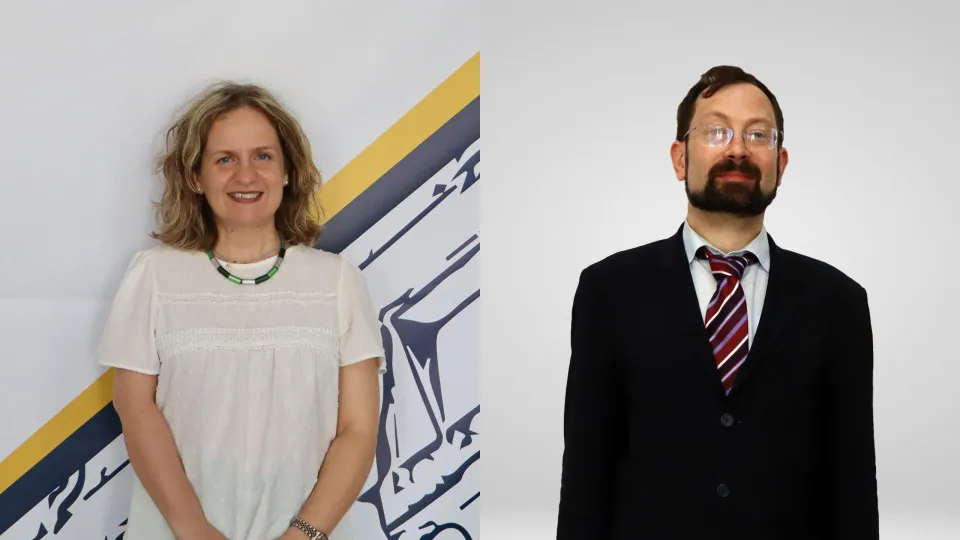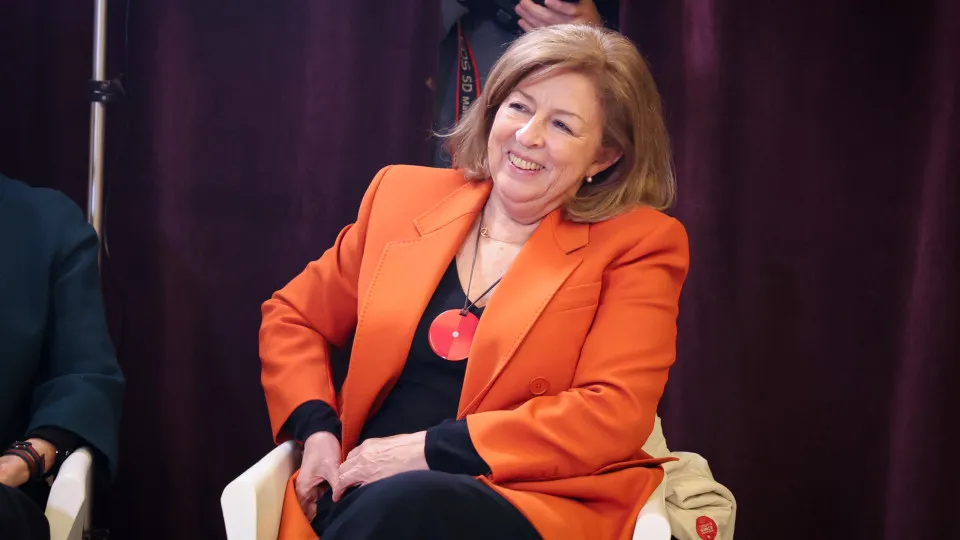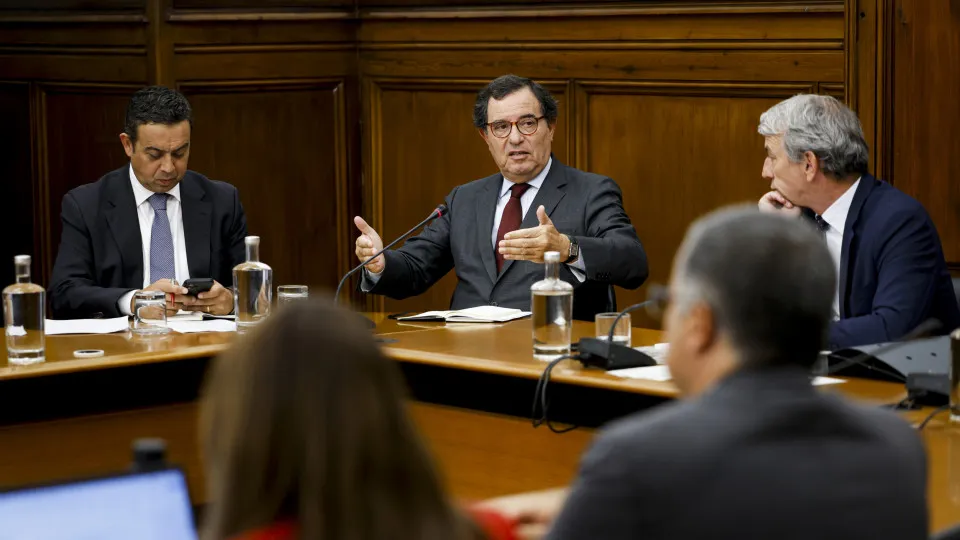
“Freedom is an essential pillar of modern political thought and contemporary public discourse, found in constitutions, national anthems, and foundational narratives. However, it is not always fully guaranteed, often highlighting the gap between the ideals aspired to and social reality.
Returning to Antiquity, where freedom held a prominent place and served as a structuring concept, can be beneficial for deepening our understanding of the concept and enriching current debates and discussions.
Freedom in Classical Greece
In Classical Greece, the idea of freedom initially emerged in a legal context, evolving into a broader political domain. It encompassed both collective and individual freedom, internal and external freedom, with particular emphasis on freedom of expression. In both Greece and Rome, political freedom was asserted in contrast to monarchical regimes.
From the 4th century BC, under the influence of Socrates, it also gained a philosophical dimension: inner freedom, understood as self-control over impulses and passions, became an ethical ideal. Being free meant maintaining mental serenity, immune to external tyranny and temptations. Aristotle, the Stoics, and the Epicureans developed the perspective of inner freedom, theorizing about freedom of choice and free will.
It is important to recognize, however, the limits of this ancient model: legal and political freedom did not include women, and slaves were excluded. Furthermore, freedoms that are central to today’s concept of freedom, like religious or sexual freedom, were at best marginal or disputed issues.
Nonetheless, the ideals of freedom from Antiquity remain relevant, especially for their connection to Athenian democracy and the Roman republic: the first political systems where collective decisions were made within a legal framework, by citizens and for citizens, rather than imposed by a monarch with divine authority.
In the study of ancient freedom, the importance of often-overlooked forms, such as economic freedom, is increasingly clear. Topics such as manumissions inscribed in epigraphic documents, the development of free will, freedom of expression as a political practice, and the constant tension between freedom and anarchy gain special relevance when approached from sociological and cultural perspectives, allowing for the understanding of freedom as a dynamic and historically situated construction.
Lessons for the Present
From Antiquity, lessons are drawn that continue to challenge our present. One of the most significant realizations is that freedom was never free.
Monarchical regimes sought to secure popular support through gifts and benefits—strategies that ultimately compromised civic autonomy. Freedom of expression, though valued in ancient democracies and even respected in certain early Christian contexts, was systematically restricted in autocratic regimes such as the Hellenistic kingdoms and the Roman Empire.
It is also noteworthy that freedom was never mistaken for anarchy. On the contrary, being free meant acting within a legal framework, abiding by collectively established norms. In this regard, ancient philosophy offers a valuable lesson: freedom depends on ethical maturity and the mental qualities that allow an individual to make decisions responsibly, without external control or constant surveillance.
This dimension of freedom is more urgent today than ever. The rapid advancement of artificial intelligence and surveillance technologies endangers the capacity for individual self-determination and compels us to seriously reflect on the exercise of free will and conscious choice. More than a legal present, freedom becomes an ethical practice requiring lucidity, reflection, and responsibility.
Ancient tragedy perhaps offers us the deepest reflection on the limits of freedom. On the stages of Athens, characters often find themselves entangled in conflicts of legitimacy where all choices are valid but incompatible. The result is invariably catastrophe.
This lesson remains current: freedom is neither absolute nor isolated—it lives and grows in confrontation with the freedom of others, and two opposing opinions can be both false and true simultaneously. It is in this tension-filled space that democratic societies should cultivate open dialogue, where all voices can be heard and recognized as legitimate, and their antagonism can result in a higher synthesis in the Hegelian sense.”




